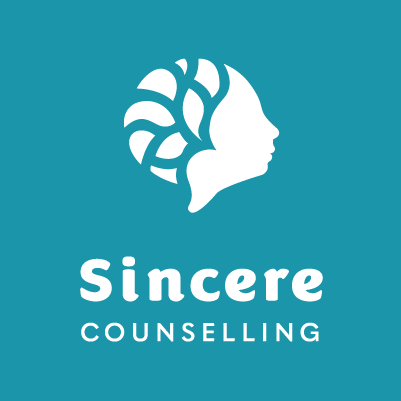How do I know if I need counselling / psychotherapy?
Counselling sessions can help you to gain clarity on an issue, change old patterns, untangle complex personal issues, or embark on a journey of self-development.
You may seek counselling as a result of a crisis, or you may be encouraged to seek counselling by family members, friends or colleagues.
How often will I need therapy?
When you start seeing a counsellor it is helpful to have sessions close together as you begin to address issues. For this reason we like to schedule weekly sessions while we are actively working together.
These sessions may be spread out to fortnightly meetings and become less frequent as positive changes have been experienced and the need for sessions is reduced.
This allows time to consolidate changes on your own while also staying connected to your counsellor to review your progress and attend to any further issues that may have arisen.
How long does each therapy session take?
Sessions are generally 50 minutes long.
Online Therapy, is it as Effective as Regular Therapy?
It is undoubtedly the number one question on everyone’s mind. According to several studies, online therapy is genuinely as effective as traditional face-to-face therapy.
A study in 2018 that the Journal of Anxiety Disorders published in 2018 determined that CBT is as acceptable, practical, and effective as face-to-face therapy when it comes to treating panic disorders, generalized anxiety, major depression, and social anxiety.
In 2014, two studies vouched for the effectiveness of online therapy and the usage of CBT in dealing with mental health problems. They were issued by Behavior Research and Therapy and The Journal of Affective Disorders
What is your cancellation policy?
We require 24 hours notice of cancellation or you will need to pay for the appointment. An occasional exception may be made in the case of an emergency.
It’s important that we meet consistently in order to make progress.
What theoretical approach do you use?
We pull from a variety of theories and techniques. I find Cognitive Behavioral Therapy, Solution Focused Therapy, Positive Psychology, Motivational Interviewing, Client-Centered Therapy, and Mindfulness techniques are often helpful for my clients.
What should I expect in the first session?
The first session allows the counsellor or psychologist to understand the landscape of your concerns and gather background information.
As the end of the first session, they will explain what they offer as the next steps or negotiate a plan with you.
It is important that you feel comfortable working with your counsellor and feel they have understood your concerns, so we encourage you to be as honest as you can.
Does seeing a counsellor mean I have a mental illness?
No, seeing a counsellor doesn’t mean you have a mental illness. However, there are some symptoms that do call for additional medical assessment.
If such symptoms are identified the counsellor will ensure that you have appropriate information, referral to appropriate practitioners and follow-up support.
Is counselling confidential?
Counsellors work to a strict code of ethics which means they must inform you of the limits of confidentiality and then stick to these rules.
However, if you are worried about the implications of any breach of confidentiality you may wish to:
How do therapists work with other professionals?
In order to preserve the continuity of care, it’s important to work with school counselors, pediatricians, primary care physicians, psychiatrists, etc.
With written permission, therapists can provide treatment plans or answer questions that other professionals may have. If a client needs their therapist to work with other professionals in their life, please don’t hesitate to ask.
Any other questions?
Was there something we missed? Please get in contact with us by email or phone and we’ll get back to you with an answer.
If you have another question – others probably do to! With your help, We’ll add it to our page and we can help others in the future.


